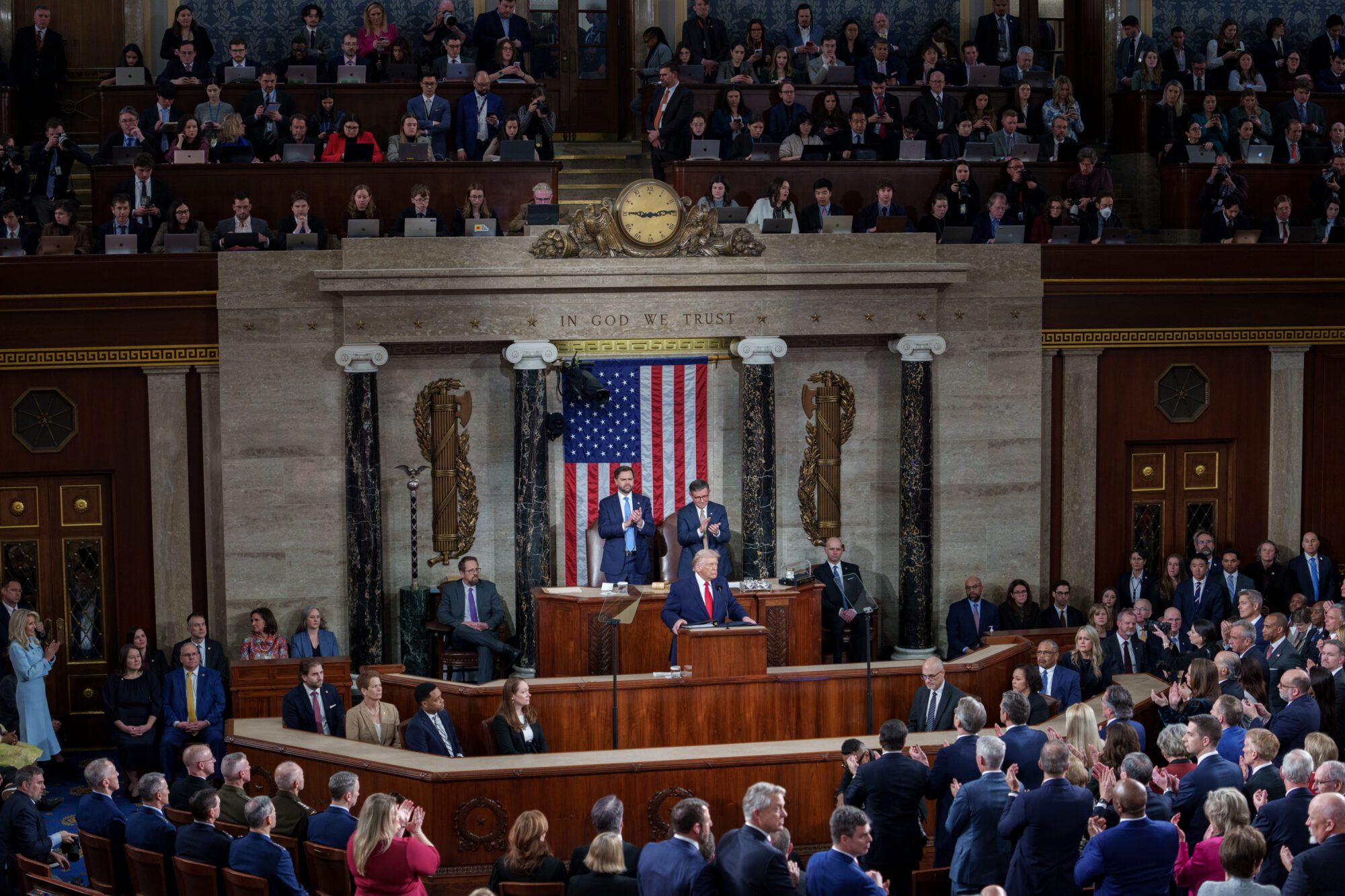
But who am I, and what is my people, that we should be able thus to offer willingly? For all things come from you, and of your own have we given you. – 1 Chronicles 29:14
Some time ago, some of the staff at our church decided to put stickers on everything in the building, announcing that it was “Property of Parkside Church.” Initially, I wondered if we really expected that someone wanting to steal a garbage can would turn it over, read the sticker, and suddenly decide to return it. It seemed like a fairly pointless exercise. I soon discovered, though, that I actually quite enjoyed turning things upside down and looking at these little stickers declaring, “This belongs to the church”!
Reminders of God’s ownership and gracious provision echo throughout Scripture. When King David was involved in making plans for the temple, he pointed to God’s providence with clarity and humility; he knew that as created beings in a created world, we can only give to our Creator what we have already been given by our Creator. In the New Testament, too, the apostle Paul writes, “What do you have that you did not receive? If then you received it, why do you boast as if you did not receive it?” (1 Corinthians 4:7).
David’s words were not a new insight for God’s people. Generations before, when the Israelites were preparing to build the tabernacle, Moses had instructed the Israelites, “Take from among you a contribution to the LORD” (Exodus 35:5). What did they have among them? Only what the Creator had provided. Only what the Redeemer had granted them in their exodus from Egypt (12:35-36). Only what the Sustainer of their lives had made possible for them to do (35:30-35).
As with the church property that has now been labeled, we might say that everything we have—indeed, everything in creation—is stamped with the seal of God’s possession. Abraham Kuyper, an influential theologian who also served as prime minister of the Netherlands at the beginning of the 20th century, said, “There is not a square inch in the whole domain of our human existence over which Christ, who is Sovereign over all, does not cry: ‘Mine!’”
This viewpoint is vastly different from that of our contemporary culture, which tends toward two false notions: either that we are self-made people or that everything in the earth, including ourselves, is god. Not so, says the Bible: “The earth is the LORD’s and the fullness thereof, the world and those who dwell therein” (Psalm 24:1).
God is calling us to walk in humility as we remember that all we have comes from Him. Our very lives should proclaim, “I belong to God!” There is nothing you can offer to God that isn’t already in His possession. So give willingly and generously—money, time, talent—as God directs you, in response to His grace.











